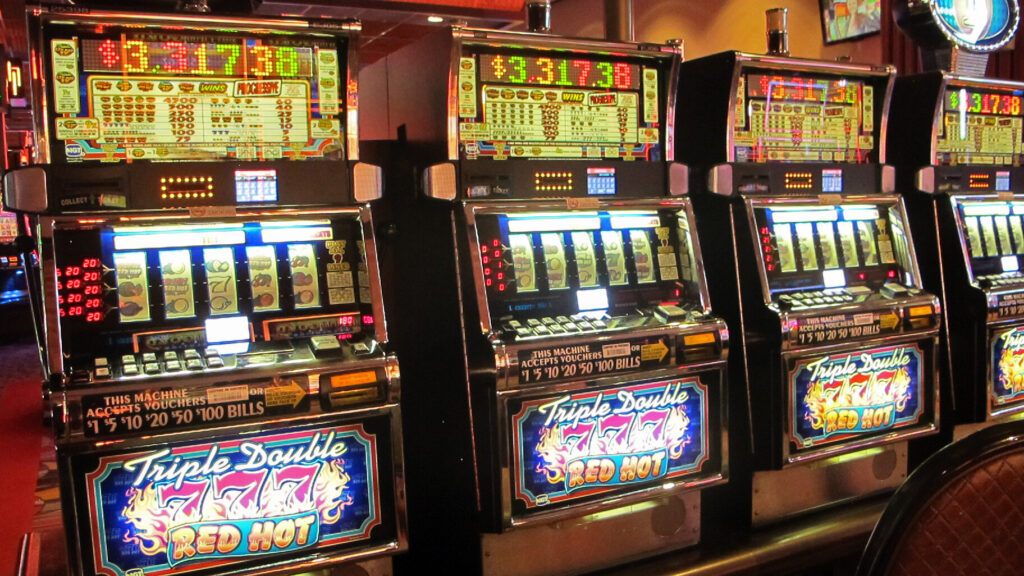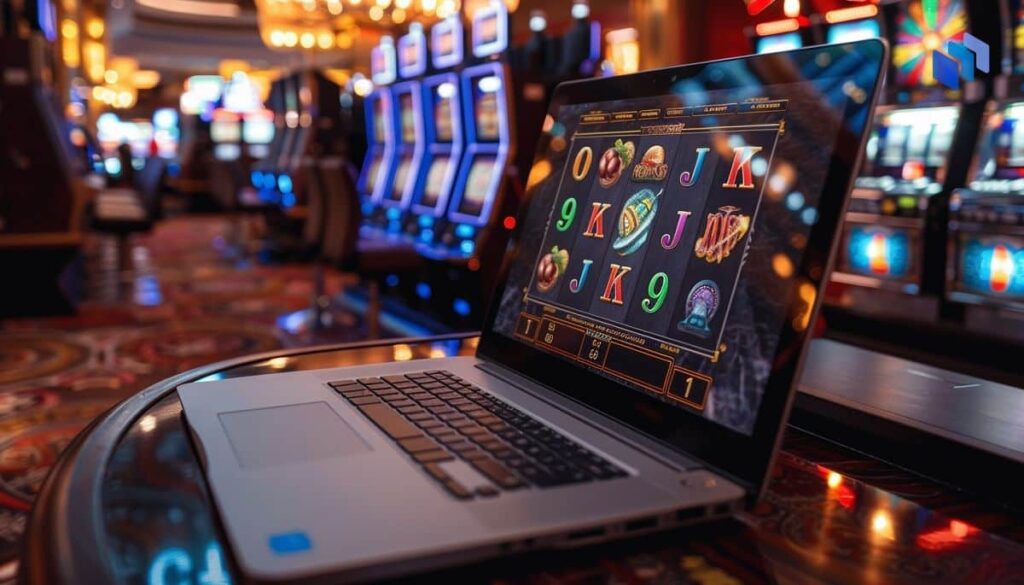การพนันอาจเป็นประสบการณ์ที่น่าตื่นเต้นและคุ้มค่า แต่ในท้ายที่สุดแล้วความสำเร็จนั้นต้องการมากกว่าโชคเท่านั้น แต่ยังต้องการกลยุทธ์ วินัย และจุดมุ่งหมาย นักพนันหลายคนวางเดิมพันโดยอาศัยแรงกระตุ้นหรืออารมณ์ ซึ่งมักจะนำไปสู่ผลลัพธ์ที่ไม่สม่ำเสมอและการสูญเสียที่ไม่จำเป็น อย่างไรก็ตาม หากเล่นด้วยจุดประสงค์ที่ชัดเจน คุณสามารถเปลี่ยนการเดิมพันทุกครั้งให้เป็นการตัดสินใจที่คำนวณมาอย่างดีซึ่งสอดคล้องกับเป้าหมายโดยรวมของคุณได้ ไม่ว่าคุณจะเดิมพันเพื่อความบันเทิง กำไร หรือทั้งสองอย่าง การมีแนวทางที่มีโครงสร้างจะทำให้มั่นใจได้ว่าการเคลื่อนไหวทุกครั้งของคุณจะช่วยให้คุณประสบความสำเร็จ ขั้นตอนแรกในการเล่นด้วยจุดประสงค์คือการกำหนดเป้าหมายที่ชัดเจน ถามตัวเองว่าทำไมคุณถึงเดิมพันในตอนแรก คุณตั้งเป้าที่จะเพิ่มเงินทุน สนุกไปกับความตื่นเต้นของการแข่งขัน หรือทดสอบความรู้ด้านกีฬาของคุณหรือไม่ เมื่อคุณระบุเป้าหมายหลักของคุณได้แล้ว คุณก็สามารถพัฒนากลยุทธ์การเดิมพันที่รองรับเป้าหมายนั้นได้ ตัวอย่างเช่น หากคุณมุ่งเน้นที่ผลกำไรในระยะยาว คุณจะต้องศึกษาตลาดการเดิมพัน วิเคราะห์สถิติ และจัดการเงินทุนของคุณอย่างชาญฉลาด

หากเป้าหมายของคุณคือความบันเทิง การกำหนดงบประมาณที่แน่นอนและหลีกเลี่ยงการพนันตามอารมณ์จะช่วยให้คุณมั่นใจได้ว่าคุณจะอยู่ในขอบเขตความสามารถของคุณในขณะที่ยังคงเพลิดเพลินไปกับประสบการณ์นั้นได้ แง่มุมที่สำคัญของการพนันอย่างมีจุดมุ่งหมายคือการจัดการเงินทุนอย่างมีวินัย การกำหนดงบประมาณและยึดมั่นตามนั้นช่วยป้องกัน ทางเข้า w88 ที่ไม่รอบคอบและช่วยป้องกันเงินของคุณไม่ให้หมดไปโดยไม่จำเป็น นักพนันที่ประสบความสำเร็จหลายคนใช้การพนันตามหน่วย โดยที่พวกเขาเดิมพันด้วยเงินในสัดส่วนที่น้อยและสม่ำเสมอต่อการเดิมพัน วิธีนี้ช่วยให้มั่นใจได้ถึงความยั่งยืนและลดผลกระทบของการแพ้ติดต่อกันที่หลีกเลี่ยงไม่ได้ นอกจากนี้ การหลีกเลี่ยงการไล่ตามการสูญเสียโดยการวางเดิมพันจำนวนมากก็เป็นสิ่งสำคัญ แทนที่จะพยายามฟื้นตัวจากการเดิมพันที่แย่ ให้ยึดมั่นกับกลยุทธ์ของคุณและเชื่อมั่นในกระบวนการ ปัจจัยสำคัญอีกประการหนึ่งในการทำให้การเดิมพันทุกครั้งมีค่าคือการค้นคว้า การตัดสินใจเดิมพันอย่างมีข้อมูลมีแนวโน้มที่จะให้ผลลัพธ์ในเชิงบวกมากกว่าการเดิมพันแบบสุ่ม
ไม่ว่าคุณจะชอบเดิมพันกีฬา เกมคาสิโน หรือการเดิมพันรูปแบบอื่น ๆ การใช้เวลาศึกษาแนวโน้ม ความน่าจะเป็น และข้อมูลที่เกี่ยวข้องสามารถปรับปรุงโอกาสของคุณได้อย่างมาก นักพนันที่ประสบความสำเร็จมักจะวิเคราะห์ผลงานในอดีต ศึกษาสถิติของทีมและผู้เล่น และติดตามข่าวสารในอุตสาหกรรมเพื่อให้ได้เปรียบ การวางเดิมพันอย่างมีข้อมูลแทนที่จะพึ่งพาสัญชาตญาณ จะทำให้คุณอยู่ในตำแหน่งที่แข็งแกร่งขึ้นในการชนะ สุดท้าย วิธีการเดิมพันที่มีจุดประสงค์รวมถึงการรู้ว่าเมื่อใดควรเดินจากไป ไม่ว่าคุณจะได้เปรียบหรือแพ้ติดต่อกัน การมีกลยุทธ์ในการออกจากเกมจะช่วยป้องกันการตัดสินใจโดยใช้ความรู้สึก การกำหนดขีดจำกัดการชนะและการแพ้จะช่วยให้คุณเพลิดเพลินไปกับการเดิมพันอย่างมีความรับผิดชอบในขณะที่หลีกเลี่ยงกับดักของ ทางเข้า w88 ใหม่ ล่าสุด โดยหุนหันพลันแล่น ในท้ายที่สุด การเล่นด้วยจุดประสงค์จะเปลี่ยนการเดิมพันจากกิจกรรมยามว่างที่ไร้ความเสี่ยงให้กลายเป็นกิจกรรมที่มีโครงสร้าง สนุกสนาน และอาจทำกำไรได้ ด้วยการพัฒนากลยุทธ์ การจัดการเงินทุนของคุณ การวิจัย และการควบคุมตนเอง คุณสามารถมั่นใจได้ว่าการเดิมพันทุกครั้งที่คุณวางเดิมพันเป็นก้าวหนึ่งในการบรรลุเป้าหมายการเดิมพันของคุณ





